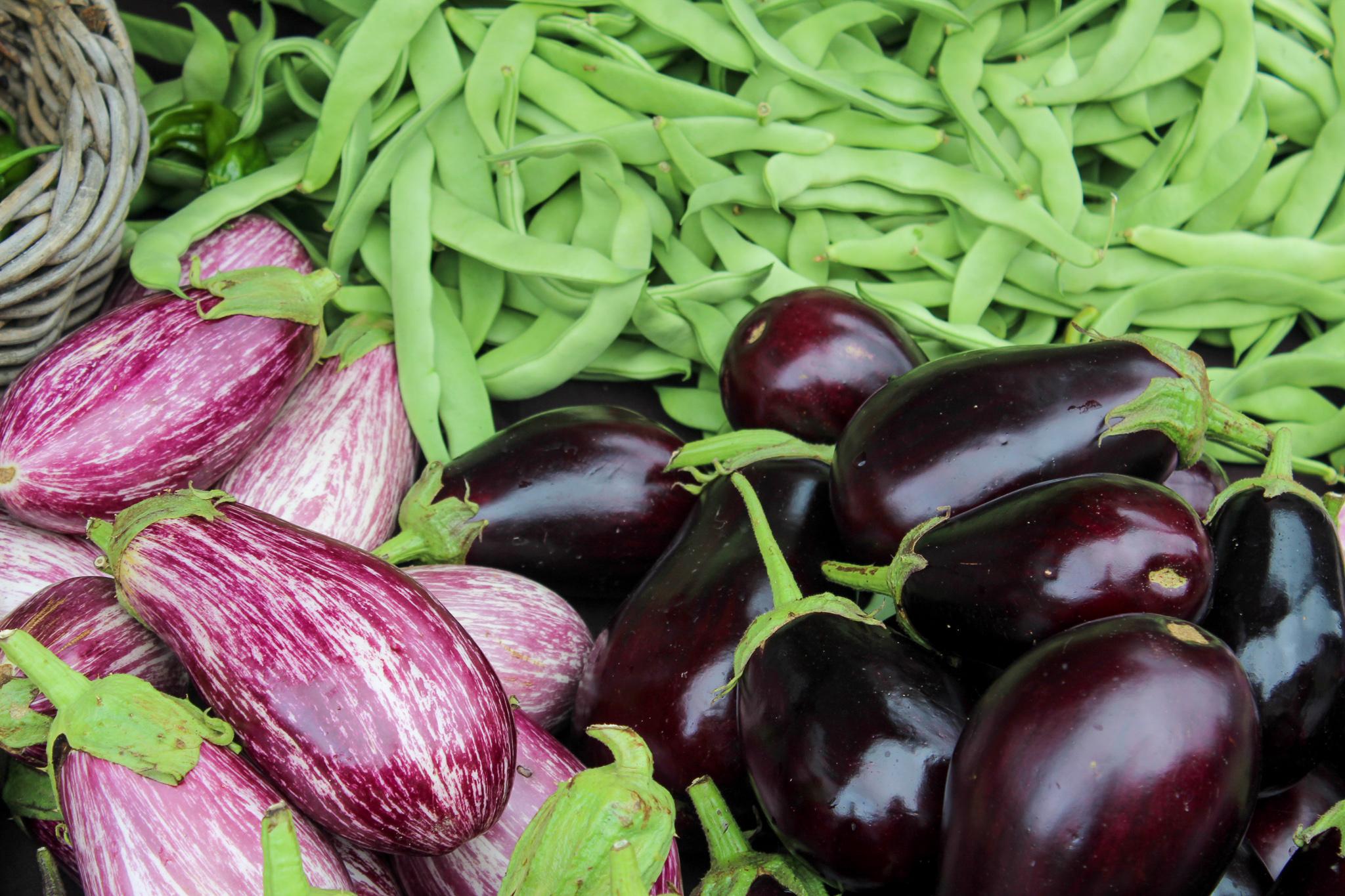A review of David Fleming’s writings as in Surviving the Future, (Chelsea Green, 2016), distilled by Shawn Chamberlain from Fleming’s Lean Logic, a Dictionary of the Future and How to Survive It (623 pages, Chelsea Green, 2016). Here are a few paragraphs written by Jonathon Porritt in the foreword to Lean Logic:
Our contemporary model of progress has come to depend entirely on achieving year-on-year economic growth, indefinitely into the future. If societies cannot keep on growing, collapse is inevitable. If societies succeed in growing, collapse is also inevitable.
We’re already in critical danger. Indeed, it’s no good thinking that collapse can be avoided, as all attempts to reform the growth paradigm are doomed to failure. The best we can do is “manage our descent”, conscientiously cultivating those habits of mind and practical behaviors that will help fashion a good life post-collapse.
Prospects for the post-collapse good life depend on putting culture at the heart of tomorrow’s lean economy. Culture based on trust, reciprocity, civility and “good manners” will be the direct substitute for today’s market economy; resilence and diversity are critical characteristics of that kind of economy.
We must therefore do everything we can to nurture humankind’s intelligence and creativity, and fight as hard as we need to to protect our democratic entitlements. Without that, autocracy and dictatorship loom.
If this shocks you, consider Thomas Paine, from Common Sense, “a long habit of not thinking a thing wrong, gives it a superficial appearance of being right, and raises at first formidable outcry in defense of custom”.
Fleming’s writing and thought is comprehensive addressing complexity, yet nuanced, sprinkled with humor, courageously seeing the world for what it is, yet tranquil and inspiring. F. Scott Fitzgerald once said, “The test of a first rate mind is the ability to hold two contradicting thoughts at the same time.”
Let us embrace this duality as we recognize what is and isn’t progress, and act in new and creative ways of building of diverse, resilient, human centered community. Imagine, as he does, examples living and past, and new non-material richness.
Climate change and resource depletion are both human created and deadly, but so is our industrial food system generating degenerative disease epidemics which alone will cripple us, not to mention our social ills, inequality, militarism, and wars and economic material imperialism generating mass poverty and misery at home and abroad.
What should we do here in little Vermont? Recognize, gather, and unite our diverse human resources. These include our farmers and their communities, numerous but disconnected non-profits, social lenders, trusts, and food coops. Already taking real leadership are Green Mountain and Sterling Colleges, Chelsea Green Publishing, and pieces of UVM. Uniquely, Rural Vermont’s Groundswell actions are the clearest blueprint for change as expressed at statewide meetings with diverse local citizen input and vivid, expressive art. Take a look at Erik Gillard’s colorful illustrations, expressing the common themes, the needs and barriers to community reconnection and interdependence. Can all of these organizations and many others share one vision and resources?
To flesh this out I’ll name some of my favorite resources: The work of Robin Currey, Green Mountain College, comparing front and backyard food diversity and resilience of Kyrgyzstani villages with our villages; Philip Ackerman-Leist’s book, Rebuilding the Food Shed; E. B. White’s essay, Getting Ready for a Cow; Sarah Flack’s The Art and Science of Grazing; Sally Fallon and Mary Enig’s, Nourishing Traditions; Richard Heinberg and David Fridley’s Our Renewable Future; Fred Magdoff and Chris Williams’s Creating an Ecological Society; Magdoff’s A Rational Agriculture is Incompatible with Capitalism, Monthly Review 2015; The Nourishing Homestead, Ben Hewitt; The Resilient Farm and Homestead, Ben Falk; and the film, The Economics of Happiness by Helena Norberg-Hodge, Steven Gorlic, and John Page. Steven lives in East Hardwick.
What is next? Create a shared vision and plan of action by gathering to unite all these groups and resources. How do we reach out to all sectors of Vermont?
Carlo Petrini, who writes as if he and Fleming were brothers, insists, “though the premises are harrowing, that it is joy that prevails: the joy of believing in revolutionary change and a new humanity.” He also reminds us that without fraternity there is neither liberty nor equality. “ “Start by doing what is necessary, then what is possible, and suddenly you are doing the impossible”, St. Francis.
Doug Flack
Fairfield, VT 2018

